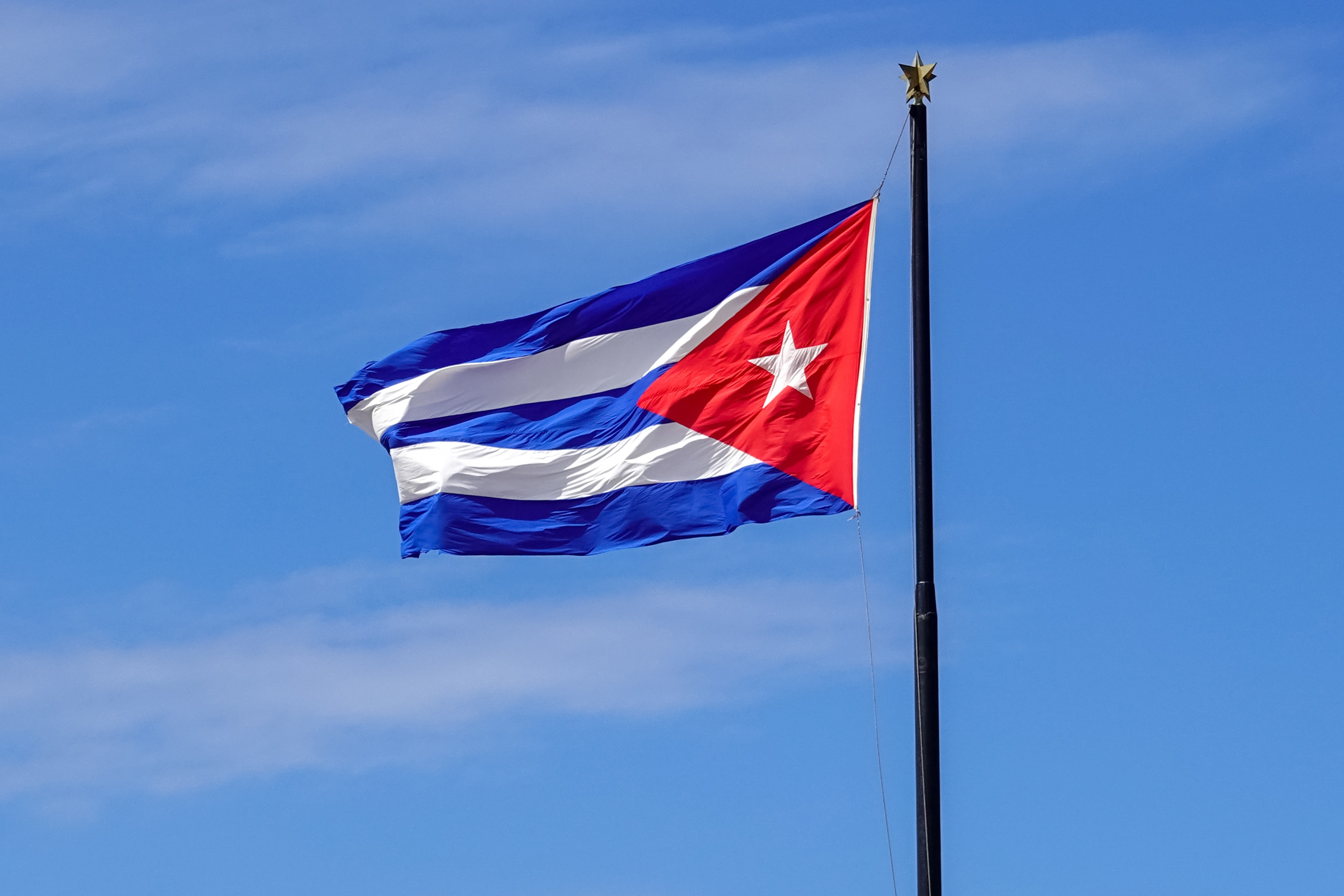
403
Sorry!!
Error! We're sorry, but the page you were looking for doesn't exist.
Cuba claims US invented spy threats
(MENAFN) In a recent statement, Cuban Foreign Minister Bruno Eduardo Rodriguez Parrilla has boldly accused the United States of concocting false espionage threats against other nations while simultaneously engaging in widespread surveillance activities. This accusation coincides with the startling admission by former United States ambassador to Bolivia, Victor Manuel Rocha, who confessed in a Florida court to spying on behalf of the Cuban government.
Rodriguez, expressing his views on the matter via social media platform X (formerly Twitter), without directly referencing Rocha, asserted, "The United States government, the one that spies and violates citizens' privacy... the most, invents a foreign threat in data espionage." He suggested that such allegations could be part of a larger strategy, leading to increased fundraising efforts among United States taxpayers and the implementation of more aggressive measures against other nations.
Rocha's arrest in December in Miami, Florida, unfolded amid suspicions that he had been working for Cuban intelligence services for over four decades. The 73-year-old, who held various high-ranking positions within the United States State Department since 1981, including serving as Washington's ambassador in Bolivia from 2000 to 2002, admitted to espionage activities on behalf of the Communist government in Havana.
Investigators contend that Rocha, a Colombian-born individual, was recruited by Havana's intelligence operatives in 1973, several years before he obtained United States citizenship. The charges against him include secretly passing information to the Cuban government. Rocha's history of holding high-level security clearance granted him access to sensitive data; however, the specific nature of the information provided to Cuba remains undisclosed by United States authorities.
As these revelations unfold, the accusations and admissions highlight the complex world of international espionage, sparking debates on the extent of United States involvement in such activities and the potential repercussions for diplomatic relations between the United States and Cuba. The situation also raises questions about the effectiveness of intelligence agencies in preventing individuals with security clearances from compromising sensitive information.
Rodriguez, expressing his views on the matter via social media platform X (formerly Twitter), without directly referencing Rocha, asserted, "The United States government, the one that spies and violates citizens' privacy... the most, invents a foreign threat in data espionage." He suggested that such allegations could be part of a larger strategy, leading to increased fundraising efforts among United States taxpayers and the implementation of more aggressive measures against other nations.
Rocha's arrest in December in Miami, Florida, unfolded amid suspicions that he had been working for Cuban intelligence services for over four decades. The 73-year-old, who held various high-ranking positions within the United States State Department since 1981, including serving as Washington's ambassador in Bolivia from 2000 to 2002, admitted to espionage activities on behalf of the Communist government in Havana.
Investigators contend that Rocha, a Colombian-born individual, was recruited by Havana's intelligence operatives in 1973, several years before he obtained United States citizenship. The charges against him include secretly passing information to the Cuban government. Rocha's history of holding high-level security clearance granted him access to sensitive data; however, the specific nature of the information provided to Cuba remains undisclosed by United States authorities.
As these revelations unfold, the accusations and admissions highlight the complex world of international espionage, sparking debates on the extent of United States involvement in such activities and the potential repercussions for diplomatic relations between the United States and Cuba. The situation also raises questions about the effectiveness of intelligence agencies in preventing individuals with security clearances from compromising sensitive information.

Legal Disclaimer:
MENAFN provides the
information “as is” without warranty of any kind. We do not accept
any responsibility or liability for the accuracy, content, images,
videos, licenses, completeness, legality, or reliability of the information
contained in this article. If you have any complaints or copyright
issues related to this article, kindly contact the provider above.

















Comments
No comment